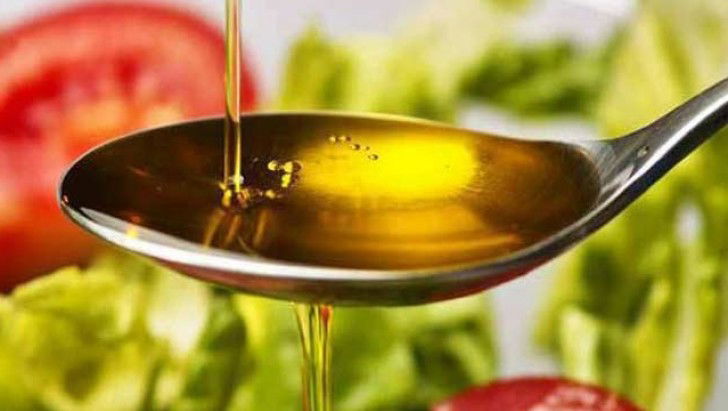Health
Why mustard oil may be healthy for your heart

New Delhi, June 7 Mustard oil, with its ideal ratio of essential fatty acids and natural antioxidants, may be one of the healthiest edible oils, with huge benefits for the heart, experts suggest.
Mustard oil, which has a pungent taste, contains about 60 per cent monounsaturated fatty acids (MUFA), 21 per cent polyunsaturated fats (PUFA) and about 12 per cent saturated fats.
"High levels of MUFA and PUFA -- also called good fats -- maintain heart health and lower bad cholesterol, while improving good cholesterol," Reeti Kapoor, Venkateshwar Hospital, Dwarka, told IANS.
Further, it also consists of six per cent of the omega-3 fatty acids (N-3) and 15 per cent of the omega-6 (n-6) -- the two essential fatty acids -- in the ideal ratio of 1:2, which is a huge benefit for the heart, as it balances cholesterol levels.
This, in turn, reduces triglycerides or blood fat levels, and helps in keeping the heart healthy, experts said.
"A heart-friendly oil should be cholesterol- and trans-fat free, low in saturated fat and high in monounsaturated fat and polyunsaturated fat, and should have an ideal N6 to N3 acids ratio as well as a high smoking point. Mustard oil meets all these criteria," Parmeet Kaur, Nutritionist, Columbia Asia Hospital Gurgaon, told IANS.
According to a study published recently in the Journal of Preventive Cardiology, use of mustard oil as a cooking medium reduced the chances of heart disease such as coronary artery disease (CAD) -- the most common type of heart disease -- by nearly 70 per cent.
It also helps to regulate blood flow and protects the body from hypertension.
Furthermore, mustard oil may also be more beneficial than olive oil, which is typical to Mediterranean cooking, as well as other refined oils such as vegetable oils, the experts said.
"Olive oil, which is much-hyped and five times costlier, does not have an ideal ratio of omega-6 (N6) and Omega-3 (N3) fatty acids useful in reducing heart complications," said Umesh Verma, DGM (Corporate Communications), Puri Oil Mills Limited, the company that manufactures and markets the P Mark Mustard Oil brand.
Whereas, mustard oil has a ratio of 1.2 which is closest to the one recommended by World Health Organisation (WHO), that is, 1.25.
Additionally, "olive oil is not a good choice for deep-frying as it has a low smoke point (the temperature at which the oil starts to burn)", Verma said.
Refined oil, on the other hand, is a product obtained after treating natural oils with various chemicals which can cause various diseases such as cancer, diabetes, heart and kidney ailments, among others.
The mechanical and chemical processes also use solvents such as hexane and is heated at very high temperature, which affects the quality and nutrition value of refined edible oil.
However, "mustard oil extracted through 'kachi ghani' process is unrefined oil. Its unique fatty acid profile is backed by a chemical-free method of manufacturing and is by far the healthiest and affordable cooking oil", Verma observed.
Mustard oil has various non-edible uses as well, such as in massaging the body and hair of new-born babies as well as adults. It is used as a remedy for stomach and skin diseases (fungal infections).
The oil, which also has high levels of Vitamin E, helps the skin to fight free radical damage to the body by ultra violet rays and pollution.
During oil production, beta carotene gets converted to vitamin A, which is excellent for hair growth. Apart from this, it also contains iron, fatty acids, calcium and magnesium, all of which promote hair growth.



































